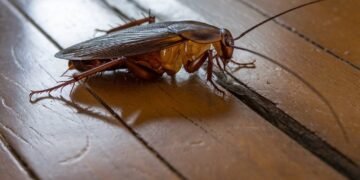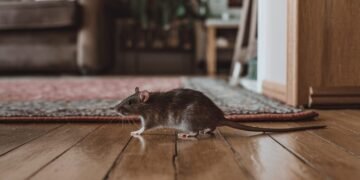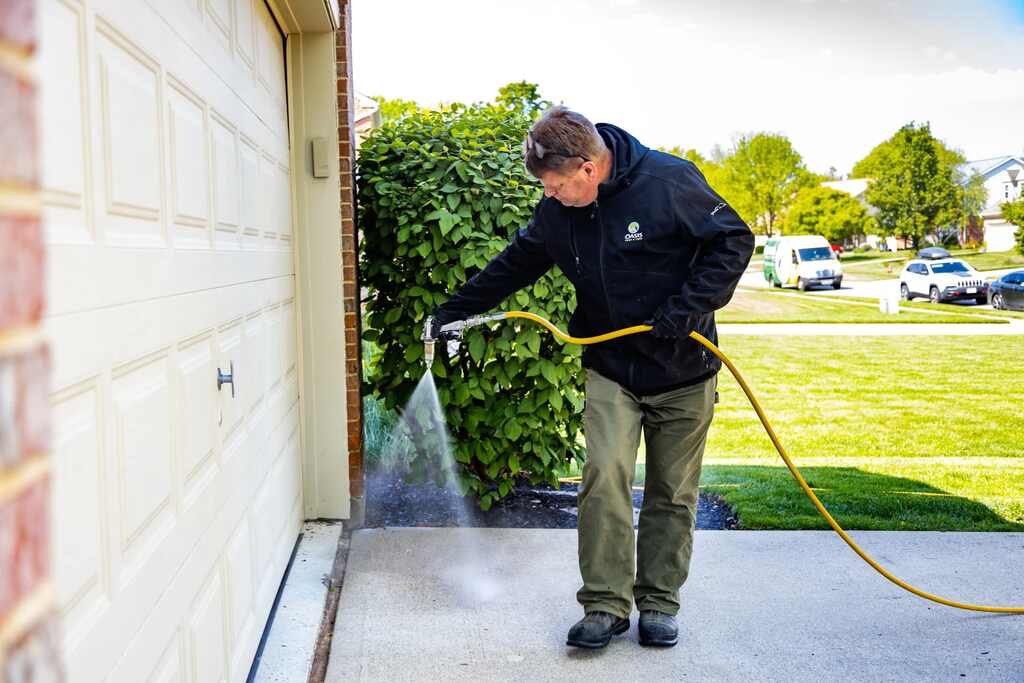There are few things more annoying than having insects, rodents, or other critters making themselves at home in your house. Getting rid of an infestation can take time, effort, and money. In many cases, it’s necessary to bring in a professional exterminator to get the problem completely under control. In some cases, though, people may attempt to take care of bugs in their house by using pesticides to control the situation.
If improperly used, indoor pesticides can cause a range of health problems for humans and pets. In this article, we discuss some risks of pesticides and how to stay safe while using them. If you suffer harm due to incorrect usage of a pesticide, a Jersey City personal injury attorney may be able to assist you. Read on to learn more about indoor pesticide use and risk factors.
How Does Pesticide Exposure Occur?
Not all pesticides are restricted to outdoor use only. However, when used incorrectly or in excessive amounts, indoor pesticides can linger in the air or be absorbed by the dust we breathe. Some ways in which we may be exposed to harmful substances include:
Inhalation
Most airborne pesticide particles pose a significant risk as they can pass into the respiratory system after being inhaled. Some pesticides can have a negative effect on the lungs after inhalation, and harmful particles can potentially even reach the brain and influence the victim’s neurological functions.
Ingestion
Pesticides are capable of residing on various surfaces after use, which creates the possibility for contamination if we use items that have been affected. Children are at particularly high risk since they tend to chew on or eat things that they shouldn’t. Accidentally consuming pesticide residue can lead to serious medical consequences, making it important to effectively decontaminate your living spaces after using pesticides indoors.
Direct Contact
Getting pesticide residue on your skin can have harmful consequences as well. If you are directly exposed to significant amounts of pesticide, you may find yourself experiencing skin irritation or an allergic reaction. In particularly serious cases, pesticides may even be absorbed into the bloodstream.
If you’re in an environment where pesticides have recently been used, be mindful of the possibility of contact with contaminated surfaces. Use pesticides only as directed and be sure to alert other members of your household of the potential threat.
Health Concerns of Pesticide Exposure
Some potential health effects of exposure to indoor pesticides include:
Acute Effects
The immediate reactions to pesticide exposure may manifest as:
- Eye and throat irritation
- Headaches
- Dizziness
- Nausea
- Vomiting
If you notice any combination of these symptoms in the immediate aftermath of pesticide use within your home, seek medical assistance immediately. Do not wait for the symptoms to worsen before getting help.
Chronic Effects
Prolonged and consistent exposure to certain pesticides has been associated with an elevated risk of chronic health issues. Long-term exposures have been linked to respiratory problems and neurological disorders. Children can experience developmental delays and even certain types of cancers. The cumulative nature of these chronic effects underscores the importance of continuous efforts to minimize and regulate pesticide exposure over extended periods.
Who is at Highest Risk of Indoor Pesticide Exposure?
Certain demographic groups are more susceptible to the adverse effects of indoor pesticides. Children, pregnant women, the elderly, and individuals with pre-existing chronic health conditions are particularly vulnerable. It is essential to recognize the heightened susceptibility of these populations and emphasize the need for targeted awareness campaigns and preventative measures.
Creating a Safer Home Space
You can take some practical steps to minimize the risks of indoor pesticide use. Consider the following:
- Prevention First: Focus on eliminating pest attractants like food crumbs and moisture build-up, sealing potential entry points, and employing natural deterrents like essential oils.
- Exhaust Fans: Ensure proper ventilation when using any pesticide product by running exhaust fans in kitchens and bathrooms.
- Read Labels Carefully: Always follow label instructions precisely, paying close attention to safety precautions and recommended application methods.
- Seek Safer Alternatives: Explore non-chemical pest control options like traps, baits, and biological control agents whenever possible.
- Professional Help: In situations requiring professional pest control, choose reputable companies prioritizing IPM methods and utilizing low-toxicity products.
Final Thoughts
A pest-free home shouldn’t come at the cost of our health. By understanding the risks of indoor pesticide use and making informed decisions that prioritize your health, you can preserve your wellbeing for many years to come.
Recommended Posts:















